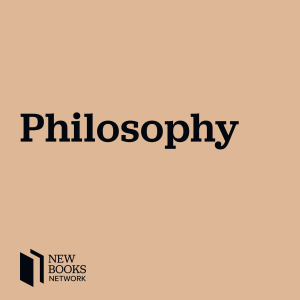
Timothy Cleveland, "Beyond Words: Philosophy, Fiction, and the Unsayable" (Lexington Books, 2022)
 2023-02-10
2023-02-10
It seems undeniable that language has limits in what it can express – among other philosophers, Wittgenstein famously drew a line of this sort in his Tractatus Logico-Philosophicus. But what is the unsayable or inexpressible? What is interesting, philosophically, about the unsayable? And if if something is unsayable, how can fictional works be related to (if not say something about) it?
In Beyond Words: Philosophy, Fiction, and the Unsayable (Lexington Books, 2022)), Timothy Cleveland argues that philosophical interest is not limited to the in-principle unsayable, as many philosophers claim: there is great value in what may be unsayable at a given time, due to epistemic limitations. Cleveland, who is professor of philosophy at New Mexico State University, defends a view in which words rendered in a certain way in fiction – such as in T.S. Eliot’s "The Waste Land" – can acquaint us with, or exhibit to us, experiences that emerge from but are not semantically encoded in the sentences the works contain.
Learn more about your ad choices. Visit megaphone.fm/adchoices
Support our show by becoming a premium member! https://newbooksnetwork.supportingcast.fm/philosophy
More Episodes
Create your
podcast in
minutes
- Full-featured podcast site
- Unlimited storage and bandwidth
- Comprehensive podcast stats
- Distribute to Apple Podcasts, Spotify, and more
- Make money with your podcast
It is Free
- Privacy Policy
- Cookie Policy
- Terms of Use
- Consent Preferences
- Copyright © 2015-2024 Podbean.com





